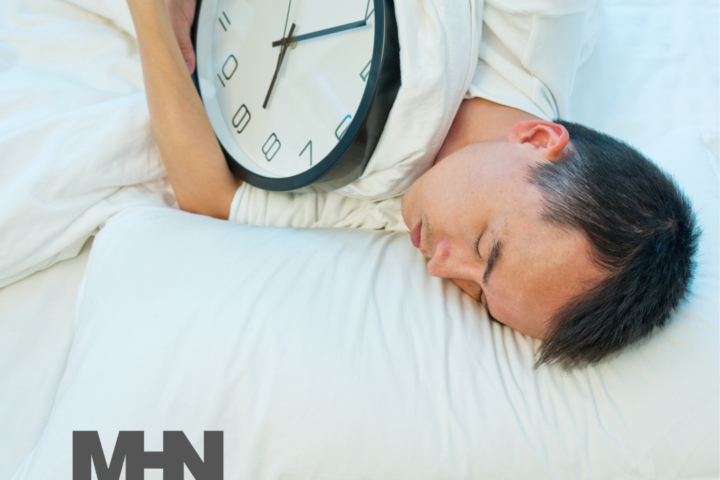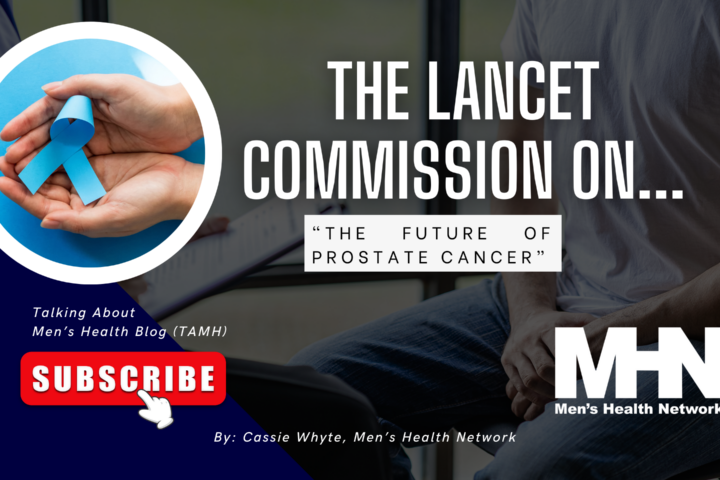Sleeping eight hours a night and still tired all day? Not to set off your hypochondriac alarm bells (always hard to avoid when reading up on medical subjects), but you ought to make sure it isn’t sleep apnea. An episode of apnea occurs when, during sleep, you fail to breathe for several seconds, or even a minute! This has all kinds of consequences for your waking self, the most basic being that your blood becomes starved of oxygen, a condition called hypoxia.

A deficit of oxygen reaching the brain is a very bad thing, and can lead to all kinds of unpleasant behavioral changes. Aside from fatigue, you might experience irritability, difficulty focusing your attention, memory problems, and headaches. Yet it can be difficult to connect the dots or be sure that these are distinct symptoms, as opposed to just being stressed out and cranky.
The really tricky thing about sleep apnea is that, because it occurs while you’re drifting in and out of slumber land, the sufferer often has no idea that the problem exists. You wake up and most likely have no memory of any difficulty breathing. One correlated, externally noticeable symptom is snoring…so your wife might know better than you do whether you’re at risk.
Men are twice as likely as women to develop sleep apnea. There are two major causes of sleep apnea, though sometimes they overlap: central sleep apnea, caused by the brain, and the far more common obstructive sleep apnea, which occurs when the soft tissue of the throat, relaxed during sleep, obstructs the respiratory pathway.
Weight has a lot to do with it. You’re much more likely to develop sleep apnea if you’re overweight or obese. The good news is that apnea is often responsive to lifestyle changes like weight loss and improved muscle tone, quitting smoking, and avoiding alcohol and sleeping pills (in other words, doing the things you already know you ought to be doing). Elevation or side-sleeping is sometimes recommended, rather than lying on your back.
If left untreated, sleep apnea can have serious long-term consequences. Besides the bothersome personal problems named above, apnea-induced hypoxia increases your risk of heart disease by straining your cardiovascular system. In addition, your body will respond by doing its best to grow more blood vessels, a process called angiogenesis which, when pushed into overdrive in this way, is associated with tumor growth and a higher risk of cancer.
If you’re a middle-aged overweight man who snores and feels tired or fuzzy-headed during the day, talk to your doctor and make sure you can rule out this potentially very harmful condition. Diagnosis by means of sleep monitoring can tell you one way or another. Treatments in extreme cases can involve devices that aid breathing, or even various kinds of surgery, but weight loss is probably the best first step.
Alvina Lopez is a freelance writer and blog junkie, who blogs about accredited online colleges. She welcomes your comments at alvina.lopez@gmail.com.



